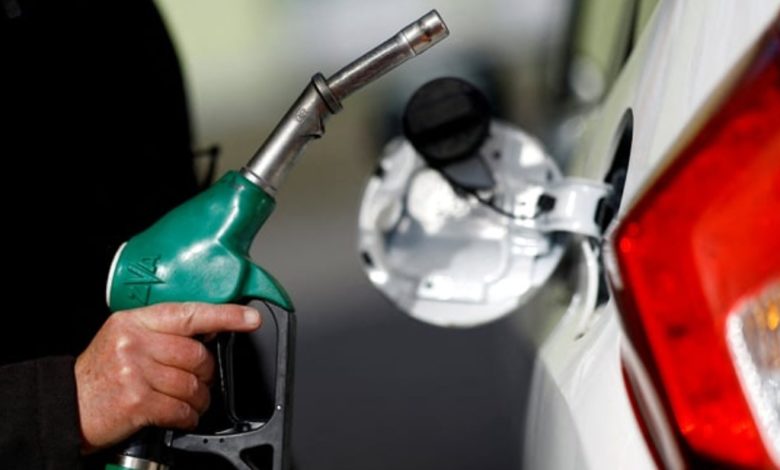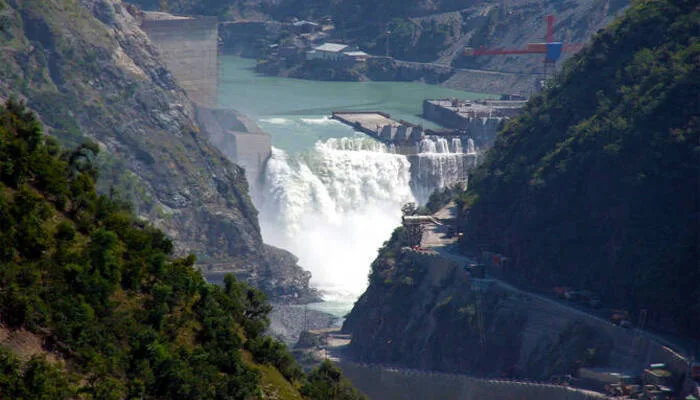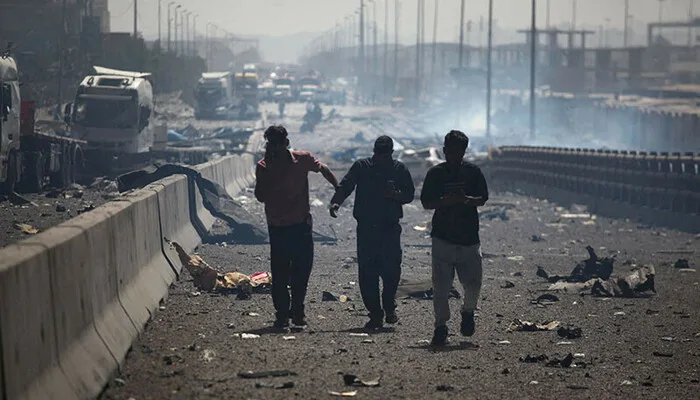
In various regions of Pakistan, there has been a recent report of a fuel shortage that has caused inconvenience to many commuters, especially in Punjab. The government has attributed the crisis to hoarding, which has been triggered by speculation of a substantial increase in pump prices. However, despite the shortage, it presents an opportunity to trigger a transformative change and strengthen the country’s energy security for a more secure and stable future.
Currently, there seems to be no actual fuel shortage, as the country has 29 days of diesel and 21 days of petrol reserves available. Nonetheless, the current state is not ideal. Refineries frequently halt operations, and the PSO recently experienced the cancellation of an oil shipment. The root of these difficulties lies in the dwindling foreign exchange reserves, which recently dropped to a nine-year low of under $3 billion, enough to cover less than a month of imports.
Therefore, the recent shortage of fuel, artificial as it may be, serves as a warning of adverse events that may ensue if policymakers fail to intervene, and the business environment continues to deteriorate. The latest episode also underscores the important role regulators must play. Proactive measures should be taken to prevent a crisis from occurring instead of waiting for one to unfold.
It is imperative to ask difficult questions, such as what will occur to fuel supplies if the country’s foreign exchange reserves continue to decline, and how will the petroleum sector function under more stringent restrictions on opening LCs? Additionally, in a catastrophic scenario, what will happen to the petroleum sector if the country experiences bankruptcy, and how will the scarcity of fuel impact the broader economy? These questions require careful examination.
Pakistan relies heavily on imports to meet its requirements for petrol, diesel, and other fuels due to low levels of production from local oil fields. It is imperative that oil exploration and production companies like OGDCL ramp up exploration work and increase their output, which has been declining. The domestic oil that is supplied to local refineries caters to just 20% of the fuel demand.
Policymakers should implement measures to maximize the utilization of local oil refineries, even at times of crisis. This may involve expanding the deferred oil payment facility from Saudi Arabia or entering into government-to-government agreements with other oil-producing nations to diversify and secure sufficient supplies. The recent fuel crisis presents a chance to enhance energy security. By reducing the vulnerability of the local energy market to both internal and external shocks, the country can be made more resilient. This crisis should not be viewed as a waste but as an opportunity to drive positive change.
















